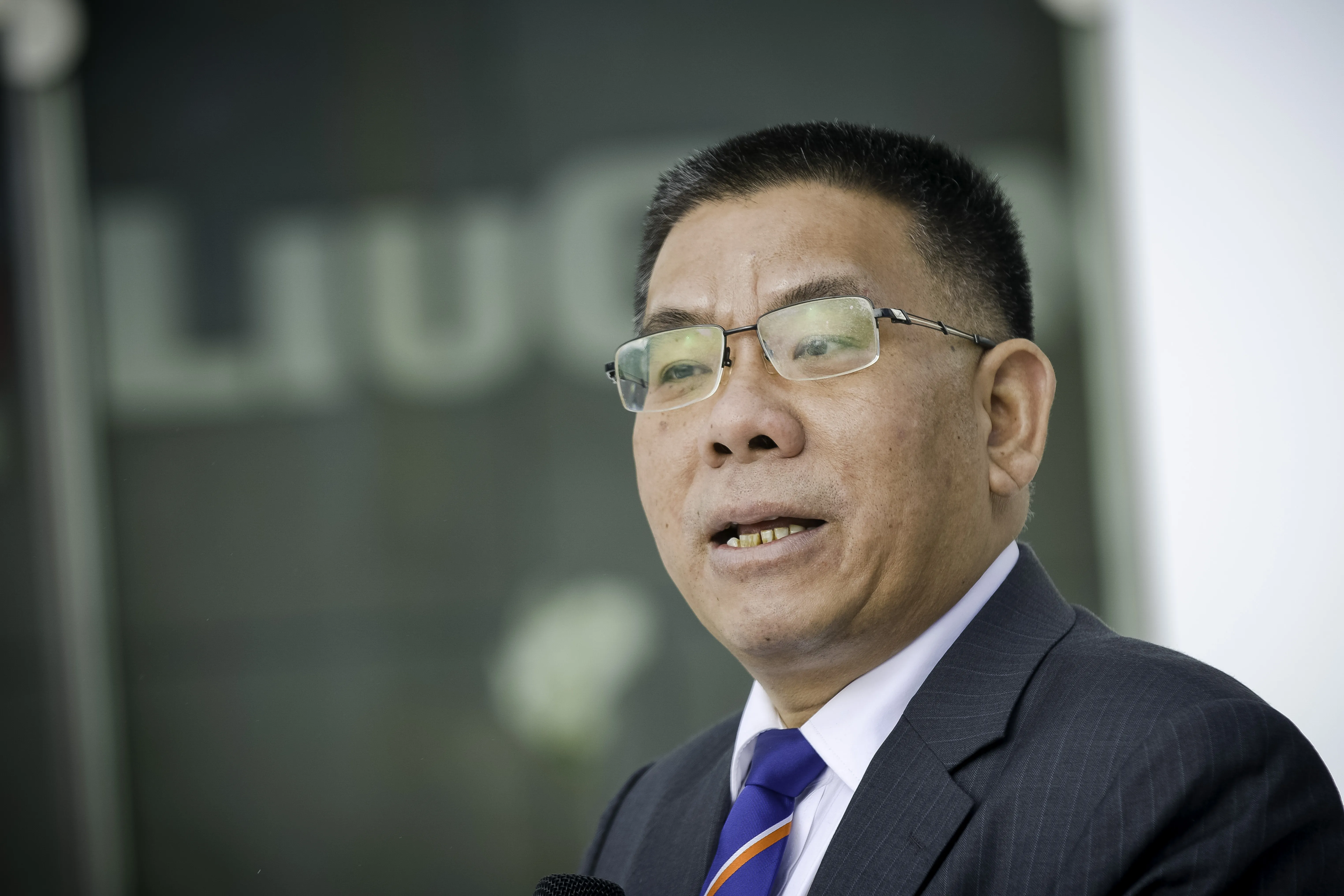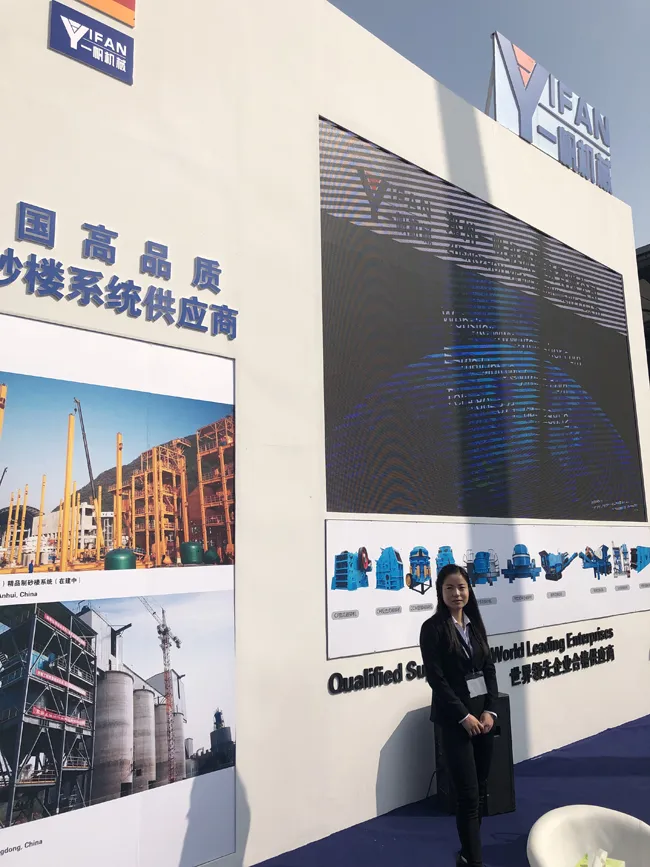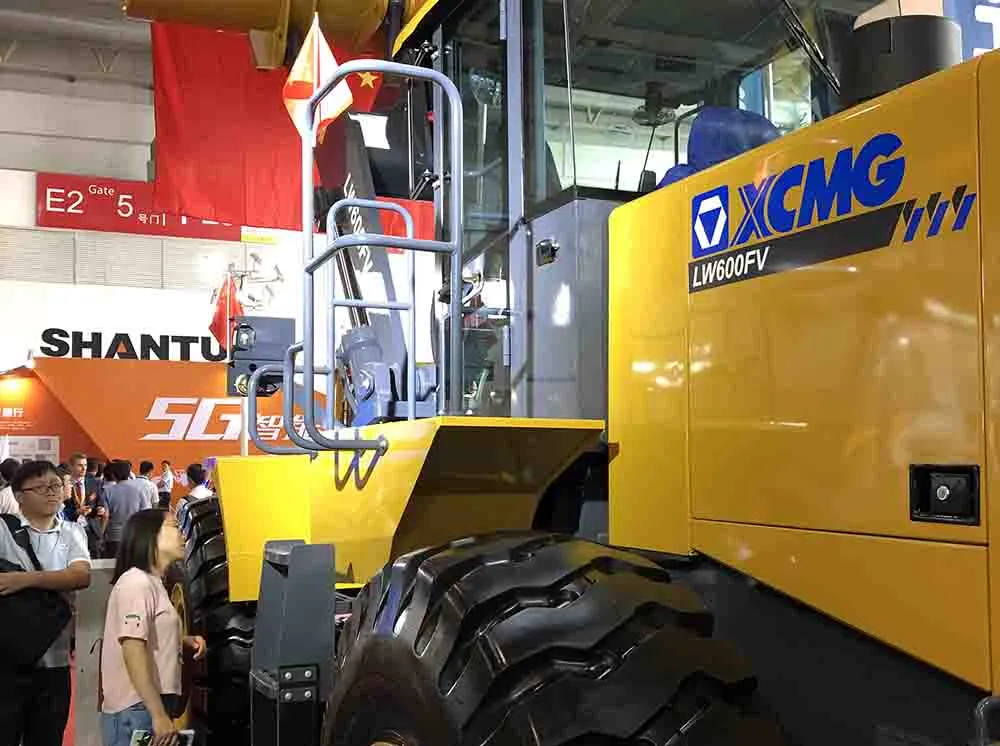
The Chinese construction equipment manufacturing giant is this week showcasing a number of Tier 4 Final/Stage IV compliant models for European customers - including the popular 856H wheeled loader and 925E and 933E excavators.
Zeng Guang’an, chairman of LiuGong Group, said that Europe was one of the company’s biggest markets – with the UK alone tipped by the firm to reach over 250 unit sales in 2016.
LiuGong opened its European HQ in Almere, the Netherlands in 2012. It serves as its European sales and technical support hub, and its spare parts distribution centre.
After gaining market share in the Netherlands and expanding into the UK market, the company entered the French market in October 2015, with the appointment of its first dealer, DiviMat, based in Rouen, north-west France.
“We are looking to continue the expansion into Western Europe. In this challenging market we need to move forward and be innovative,” said Guang’an, while also noting how more than 65% of total LiuGong equipment sales are now to markets outside China.
Howard Dale, chairman of LiuGong Europe, said that further announcements on LiuGong’s imminent moves into Belgium, Spain and Ireland will be made later this year.
The company’s big market push in Europe is set to benefit from more Tier 4 Final/Stage IV compliant E-Series excavators and H-Series wheeled loaders being introduced later this year.
Meanwhile LiuGong’s R&D capabilities have been significantly enhanced by the June 2015 opening of its new Global Research and Development Center in Liuzhou, southern China.









